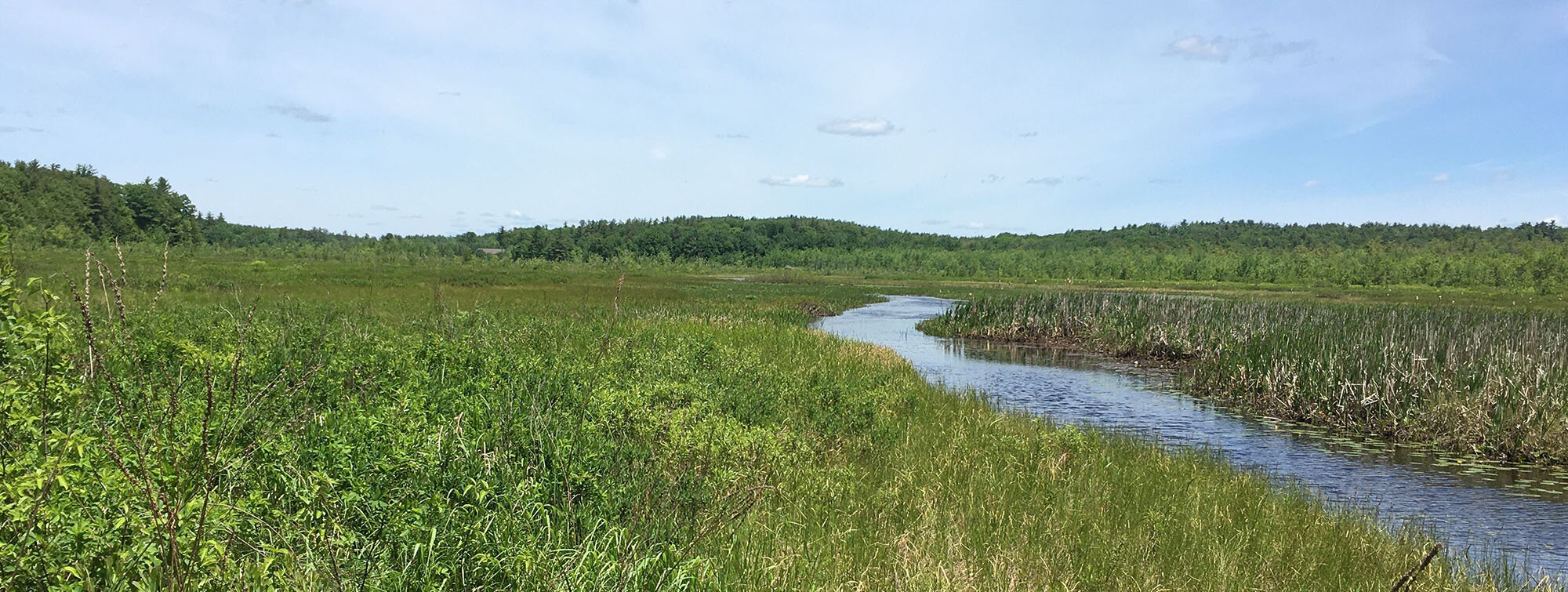
Advising &
Facilitating
Mitchell’s experience as a former university president, environmental studies professor, organizational consultant, and writer, provides your campus or institution with a versatile resource. He brings a warm and personal approach to his engagements. He will work with you to provide additional connections as appropriate, using his lifelong North American network of environmental studies professionals, environmental justice activists, sustainability managers, writers, and public intellectuals.

Sustainability Leadership Consulting
Colleges and universities face two crucial challenges—how to integrate various sustainability initiatives into a comprehensive strategy, and how to develop strategies that are culturally responsive, as well as reflective of broader community issues. Mitchell’s book, The Nine Elements of a Sustainable Campus, addresses this question by explaining how each element—energy, food, materials, governance, investment, wellness, curriculum, interpretation, and aesthetics, contributes to the whole campus picture. As a consultant, Mitchell will work with all constituencies to bring together the most innovative sustainability thinking on your campus. As a former college president, and through his experience working with the ACUPCC (American College and University Presidents Climate Commitment), Mitchell will work with your senior team to catalyze your campus efforts. He will provide a synthesis of your strengths, show you how to amplify them, and help you strategize your next steps based on the specific cultural, academic, and financial considerations of your campus. Whether you bring him to campus for a single day or an entire week, he will provide a new perspective on sustainability, organizational leadership, and curricular innovation.
Transforming Environmental Curriculum and Programs
Mitchell has a lifetime of program development and curriculum experience, and he’s been involved in the leadership, development, and promotion of environmental studies programs for his entire career. He takes great pleasure in working with administrators, faculty and students to help them find ways to adapt their program and curriculum to reflect the dynamic changes that continually transform the field. If you are interested in a program or curricular review, or would like to think about some innovative directions for environmental studies, he is ready to engage with you, or to connect you with folks who make the most sense for your aspirations.
Harness the power of a moderator comfortable among a board of trustees, donors, community members, faculty, staff, or students. Cultivate opportunities and creative exchanges which transform how people engage with sustainability, organizational process, and ecological learning.
Facilitating
Good meeting facilitation is an active blend of listening, guidance, and creative improvisation. It requires knowing how to elicit contributions from all participants, keeping the topic on track while allowing for new ideas, and meeting the strategic needs of the organization. At the same time, you have to keep the conversation moving, the ideas flowing, and the possibilities unfolding. It requires a blend of synthesis, freedom, and discipline. It also requires the ability to allow for creative conflict and diverse perspectives
Using his skills as an educator and leader, Mitchell will provide expertise in designing, planning, and implementing your meeting agenda. He will provide the necessary assistance that will help you catalyze a working group, build consensus, and inspire action.

“Mitchell listened well, quickly assessed our strategic priorities, facilitated a meeting of all our staffs, and then referred us to excellent speakers from his network of environmental justice professionals.”
—Shana Weber, (Director Office of Sustainability, Princeton), Julie Newman (director, MIT Office of Sustainability), Ciannat Howett (Associate Vice President of Resilience, Sustainability, and Economic Inclusion, Emory University).


